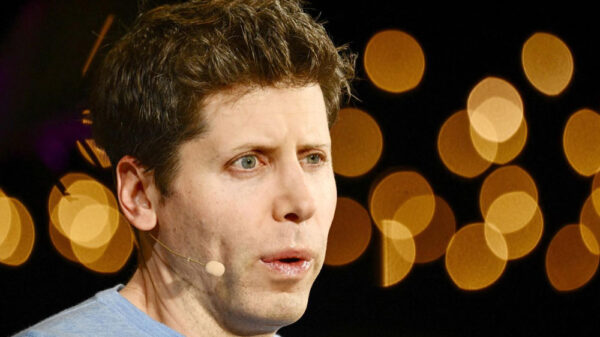Friedrich Merz, a seasoned politician and business leader, is poised to become Germany’s next chancellor as his party, the Christian Democratic Union (CDU), and its Bavarian affiliate, the Christian Social Union (CSU), lead in pre-election polls. Merz, a center-right, pro-business politician, has had a long and eventful career in both politics and the private sector, making him a prominent figure in German political and economic discourse.
A Political Career Shaped by Rivalry
At 69 years old, Friedrich Merz has been a fixture in German politics for decades. He joined the CDU while still in school and rose through its ranks, eventually becoming a member of the European Parliament in 1989. Afterward, he served in Germany’s Bundestag for 15 years, starting in 1994. Much of his early political career was marked by his rivalry with Angela Merkel, Germany’s first female chancellor. The two competed for leadership roles in the CDU and the CDU/CSU parliamentary group.
In 2004, Merz resigned from leadership positions in the CDU/CSU parliamentary group, reportedly due to Merkel’s growing dominance within the party. Tensions between the two persist to this day, with Merkel recently criticizing Merz for cooperating with the far-right Alternative für Deutschland (AfD) party in parliamentary votes.
Between Politics and Business
Merz’s career has not been confined to politics. Before entering public office, he studied law, worked as a judge, and practiced as a lawyer at Mayer Brown LLP. He also held high-ranking positions in the corporate world, including serving as the chairman of BlackRock Germany’s supervisory board. His business credentials extend to roles at HSBC Trinkaus & Burkhardt and EY Germany, as well as on the boards of Borussia Dortmund and Deutsche Börse.
Merz’s lifestyle reflects his affluent background, with reports indicating that he owns and pilots two private airplanes in his spare time. He is married and has three children.
Policy Positions: Center-Right with a Pro-Business Focus
Merz is known for his center-right, socially conservative views and his pro-business stance. He has championed policies aimed at reducing taxes on individuals and corporations, cutting bureaucratic red tape, and fostering innovation. He has also expressed a commitment to making Germany more attractive for startups, proposing the creation of a ministerial role dedicated to digitalization and artificial intelligence.
On economic policy, Merz has been highly critical of the current government under Chancellor Olaf Scholz, particularly its focus on climate change. While he acknowledges the climate crisis, he has opposed certain measures, such as the construction of wind turbines, arguing that they hinder Germany’s economic growth. Merz has also suggested he may reform Germany’s “debt brake” rule, which limits government borrowing, to better address the country’s economic challenges.
Controversial Stances on Immigration
Merz’s hardline stance on immigration has sparked significant controversy. He has advocated for stricter border controls, increased deportations, and heightened security measures, criticizing Germany’s current asylum policies as too lenient. This position has drawn criticism, particularly after a non-binding motion led by Merz was supported by the far-right AfD in January, marking the first time in post-war Germany that a majority vote was achieved with AfD backing.
Foreign Policy and Leadership Aspirations
In foreign policy, Merz has called for Germany to take on a stronger leadership role in Europe. During the recent Munich Security Conference, he emphasized the importance of ending the war in Ukraine and expressed openness to further weapons deliveries to the country. However, he has been cautious about committing to increased defense spending amid ongoing NATO debates.











